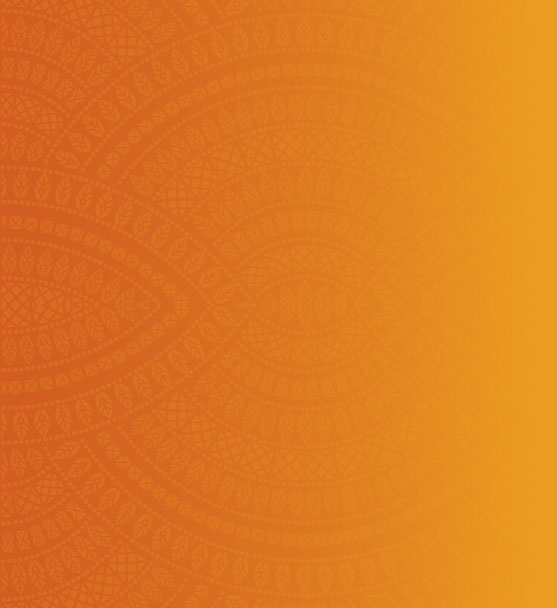
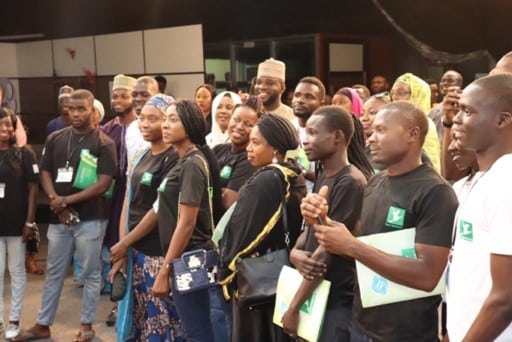
Peace Promotion Fellows are changing lives across Northern Nigeria
Peace Promotion Fellows under the White Dove (Farar Tattabara) project have been making real impact across Northern Nigeria.

Based on their own personal experience and new skills, workplans, and mentorship, we are proud to report that 63 Peace Promotion Fellows (PPFs) have excelled in addressing critical drivers of violent extremism in their communities across Northern Nigeria.
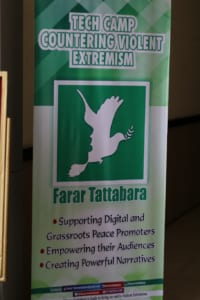 They have prioritized engagement around women’s and public health, access to services and security for Internally Displaced People (IDPs), education for street children and Almajiris, economic empowerment of vulnerable women, basic nutrition and farming tips for low-income mothers, drug abuse and political thuggery, curbing hate speech, and mentorship of at-risk young men, among other key themes, as their overarching issue areas.
They have prioritized engagement around women’s and public health, access to services and security for Internally Displaced People (IDPs), education for street children and Almajiris, economic empowerment of vulnerable women, basic nutrition and farming tips for low-income mothers, drug abuse and political thuggery, curbing hate speech, and mentorship of at-risk young men, among other key themes, as their overarching issue areas.
Fellows’ projects are amplifying powerful positive narratives through radio, TV, social media, and community campaigns. They have also successfully mobilized resources, including funding for textbooks for Almajiris and created new information sharing platforms, such as a WhatsApp network that enables medical professionals to support expectant mothers.
Additional activities include developing economic opportunities: helping low-income women produce soap to sell in the market and teaching homeless youth to shine shoes and gain critical life skills instead of begging in the street.
Finally, they have led advocacy campaigns that call to action and increase awareness around childhood prostitution and gender-based violence in schools, community building events between IDPs and host communities to build social cohesion and trust, and raised awareness about the need for the media to play a more active role in amplifying these inclusive and empowering narratives.
All the fellows use the storytelling, messaging, and strategic communications skills they learned in the Tech Camps to provide alternative narratives that empower and provide real options for vulnerable youth and communities. As a result, thousands of people in dozens of communities not only feel heard, but have new tools and skills to advocate for themselves, to express their frustrations and aspirations through constructive, non-violent means, and form social connections that build community resilience and social bonding that positively affects humanization, agency, and belonging.
Together, these young people are learning to collaborate, empower others, and think critically and strategically about using their voices and deeds to address underlying drivers of violence and instability.
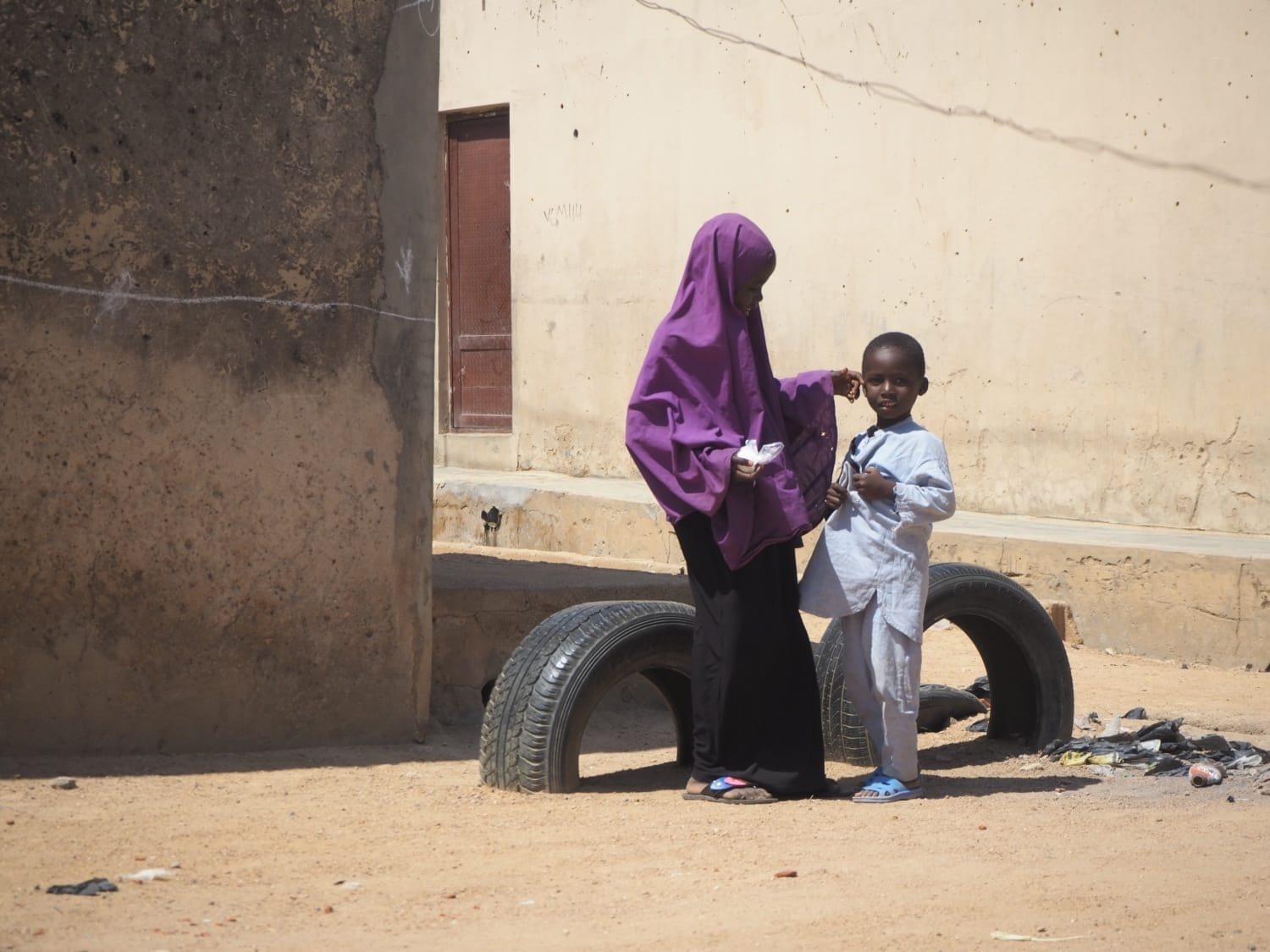
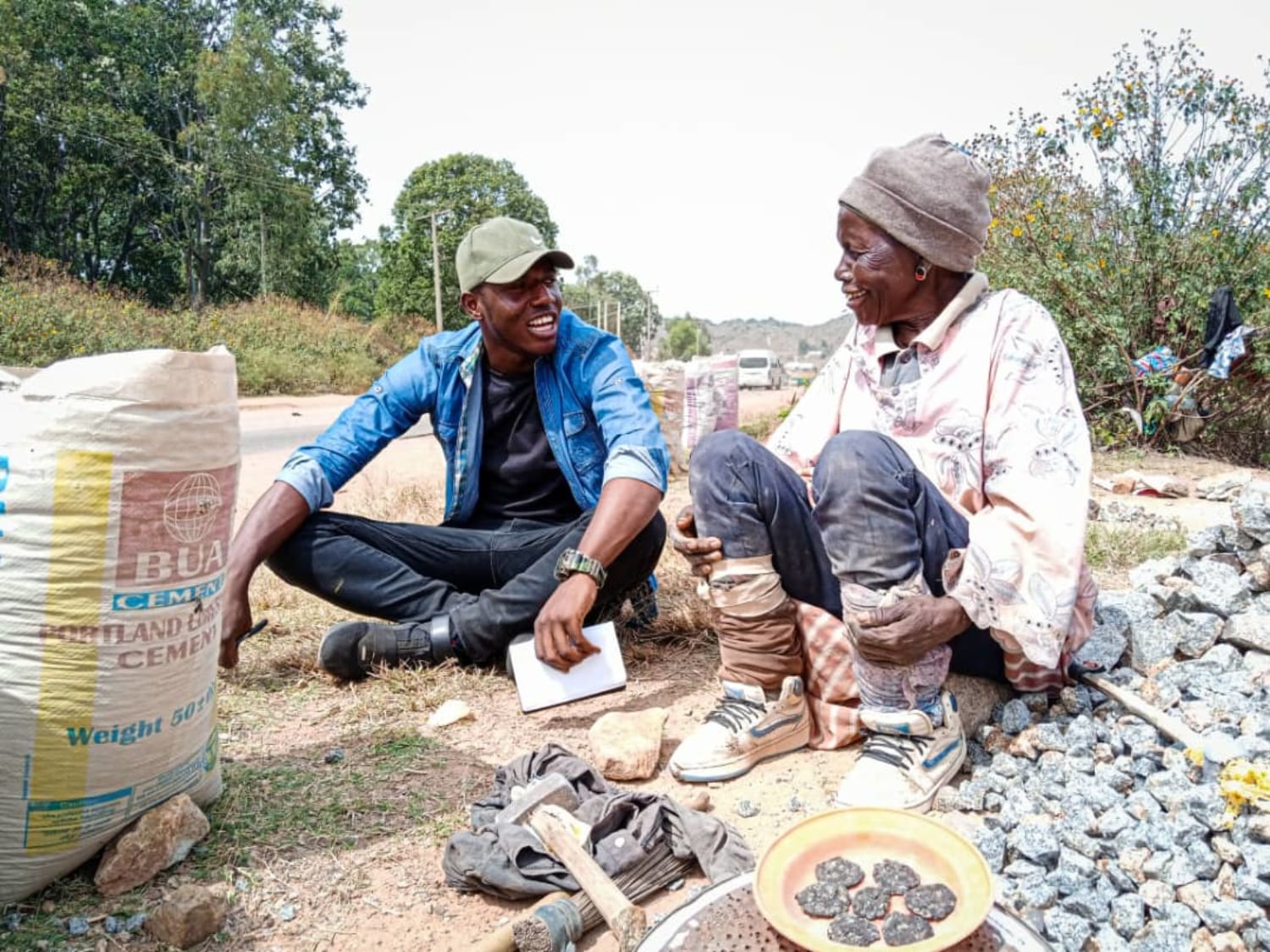
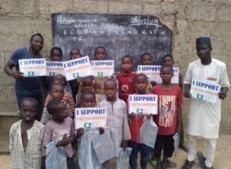
In Kano State, one PPF (Abdussamad Ahmad) gained widespread recognition for his efforts to empower Almajiris to gain basic literacy, earn money instead of begging in the streets, and mobilizing material and food donations for many schools. A former Almajiri himself, Abdussamad helped discredit the narratives of criminals and extremist groups and became influential in teaching tolerance and self-responsibility. His efforts were featured on AREWA24’s Matasa@360 youth show and recognized by state officials.
The clearest impact from our campaign is that we have successfully empowered a large number of Almajiri students with practical stills so they are no longer begging.